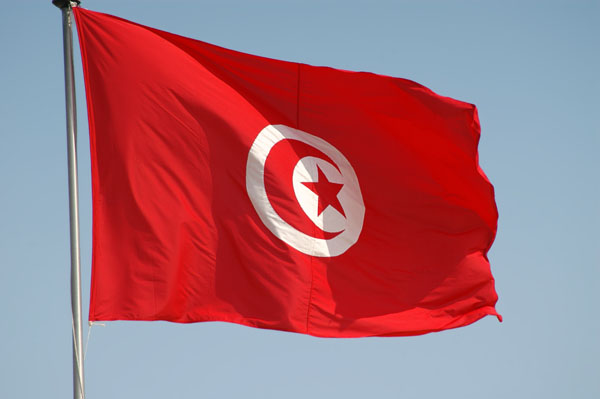Moody's Investors Service has placed the Government of Tunisia's B2 issuer ratings on review for downgrade.
Moody's has also placed the Central Bank of Tunisia's B2 senior unsecured rating and the (P)B2 senior unsecured MTN program and senior unsecured shelf ratings on review for downgrade. The Central Bank of Tunisia is legally responsible for the payments on all of the government's bonds. These debt instruments are issued on behalf of the government.
The decision to place the ratings on review for downgrade reflects the acute tightening in global financing conditions that risks precipitating a sustained period of high financing risk, exacerbated further by Tunisia's weakened near-term economic growth prospects, deteriorating fiscal position, and fragile external position.
The rapid and widening spread of the coronavirus outbreak, deteriorating global economic outlook, falling oil prices, and asset price declines are creating a severe and extensive credit shock across many sectors, regions and markets. The combined credit effects of these developments are unprecedented. Moody's regards the coronavirus outbreak as a social risk under its ESG framework, given the substantial implications for public health and safety.
For Tunisia, the shock transmits mainly through wider risk premia, a drop in tourism revenue and a sharp slowdown in GDP growth that weaken the sovereign's liquidity and external position and raise its debt burden. The shock increases the risks to Tunisia's credit profile significantly compared to increasing confidence that macroeconomic stability would be sustained at the time of Moody's change in the outlook on Tunisia's ratings to stable from negative last February.
The review period, which may extend beyond the usual three-month horizon, will focus on assessing the authorities' capacity to manage such a significant shock in the context of existing economic, financial and social pressures, and evaluating the options to address the resulting fiscal and external funding gap.
Tunisia's local currency and foreign currency long-term bond and deposit ceilings remain unchanged: the long-term local currency bond and bank deposit ceilings at Ba2, long-term foreign currency bank deposit ceiling at B3, and the foreign currency bond ceiling at Ba3. The short-term foreign currency bond and bank deposit ceilings remain unchanged at Not Prime.





















































